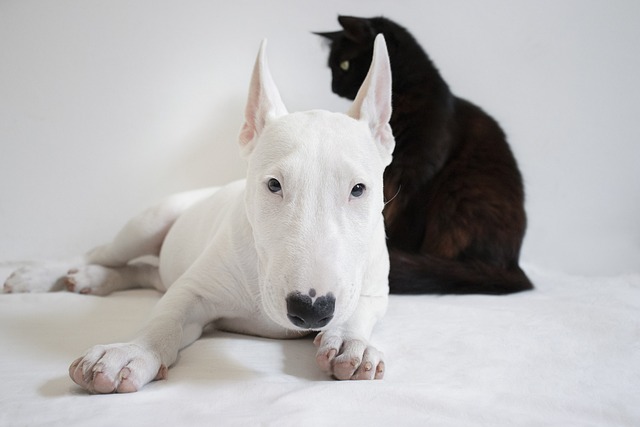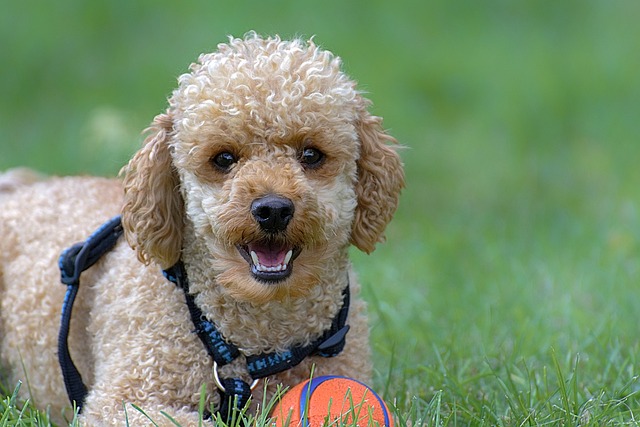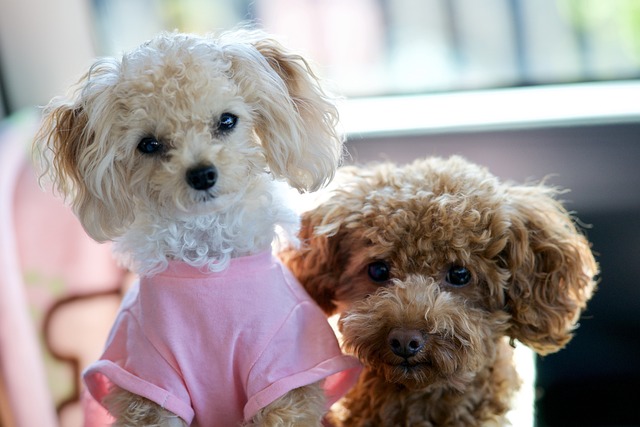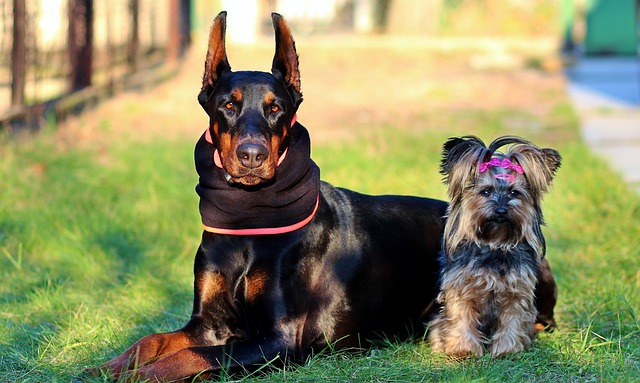
What causes kennel cough?
Most dog owners first notice kennel cough when their pup starts making that distinctive honking sound—often after a trip to the dog park or a stay at a boarding facility.
If you’re a first-time dog owner staring at your new pup—whether it’s a fluffy golden retriever puppy or a calm rescue adult—you might be asking yourself, “Where do I even start?” Taking care of a dog doesn’t require expert skills, but it does need consistency and understanding of their basic needs. The good news is that breaking it down into simple, daily habits will help you both feel confident and build a strong bond in no time.
Dogs are creatures of routine, so starting with a predictable schedule is key to reducing stress for both of you. Begin with feeding: choose a high-quality dog food tailored to their age (puppy, adult) and size—look for real meat like chicken or turkey as the first ingredient, and avoid brands with “meat by-products” or added sugars. Feed puppies 3–4 small meals a day and adults twice daily, using a measuring cup to avoid overfeeding. Always provide fresh water in a stainless steel or ceramic bowl (plastic harbors bacteria). Next, potty training: take your pup outside immediately after meals, naps, and playtime. When they go in the right spot, cheer loudly and give a tiny treat—positive reinforcement works wonders, while scolding for accidents only makes them anxious and goes against U.S. animal welfare standards.

Exercise and mental stimulation are just as important as food. Aim for 30–45 minutes of daily walks (more for energetic breeds like border collies) and keep a few simple toys on hand—a Kong stuffed with peanut butter or a rope toy for tugging will prevent boredom. For apartment dwellers, use puzzle feeders to make mealtime engaging, and set up a cozy “safe space” with a bed and crate (never use the crate as punishment) where they can relax. When walking in communal areas, keep your dog on a 6-foot leash (required by most city laws) and carry biodegradable poop bags—fines for not cleaning up range from $100 to $500 in places like San Francisco and Boston.
Health care is non-negotiable. Schedule a vet visit within the first week to get core vaccines (distemper, parvovirus) and a rabies shot—rabies vaccination is mandatory in all U.S. states, and many apartments require proof. Brush your dog’s coat weekly (daily for long-haired breeds like Shih Tzus) to prevent matting, and trim their nails every 2–3 weeks if you hear them clicking on the floor. Remember, patience is key—you and your pup are learning together. By sticking to these basics, following local rules, and focusing on kindness, you’ll be a great dog owner in no time.

Most dog owners first notice kennel cough when their pup starts making that distinctive honking sound—often after a trip to the dog park or a stay at a boarding facility.

So, a friend has asked you to watch their furry best friend—how exciting! Whether it's for a weekend or a week, successful dog sitting starts long before the paw

If you’re a first-time dog owner staring at your new pup—whether it’s a fluffy golden retriever puppy or a calm rescue adult—you might be asking yourself, “Where do I even start?”

Bringing home a new dog—whether a wiggly puppy or a calm adult—feels exciting, but it’s easy to feel lost about where to start.

Bringing home a tiny Chihuahua or Yorkie puppy is exciting, but figuring out what to feed them can feel overwhelming.

If you’ve ever stared at a bag of store-bought dog treats, wondering if they’re worth the cost or filled with unnecessary additives